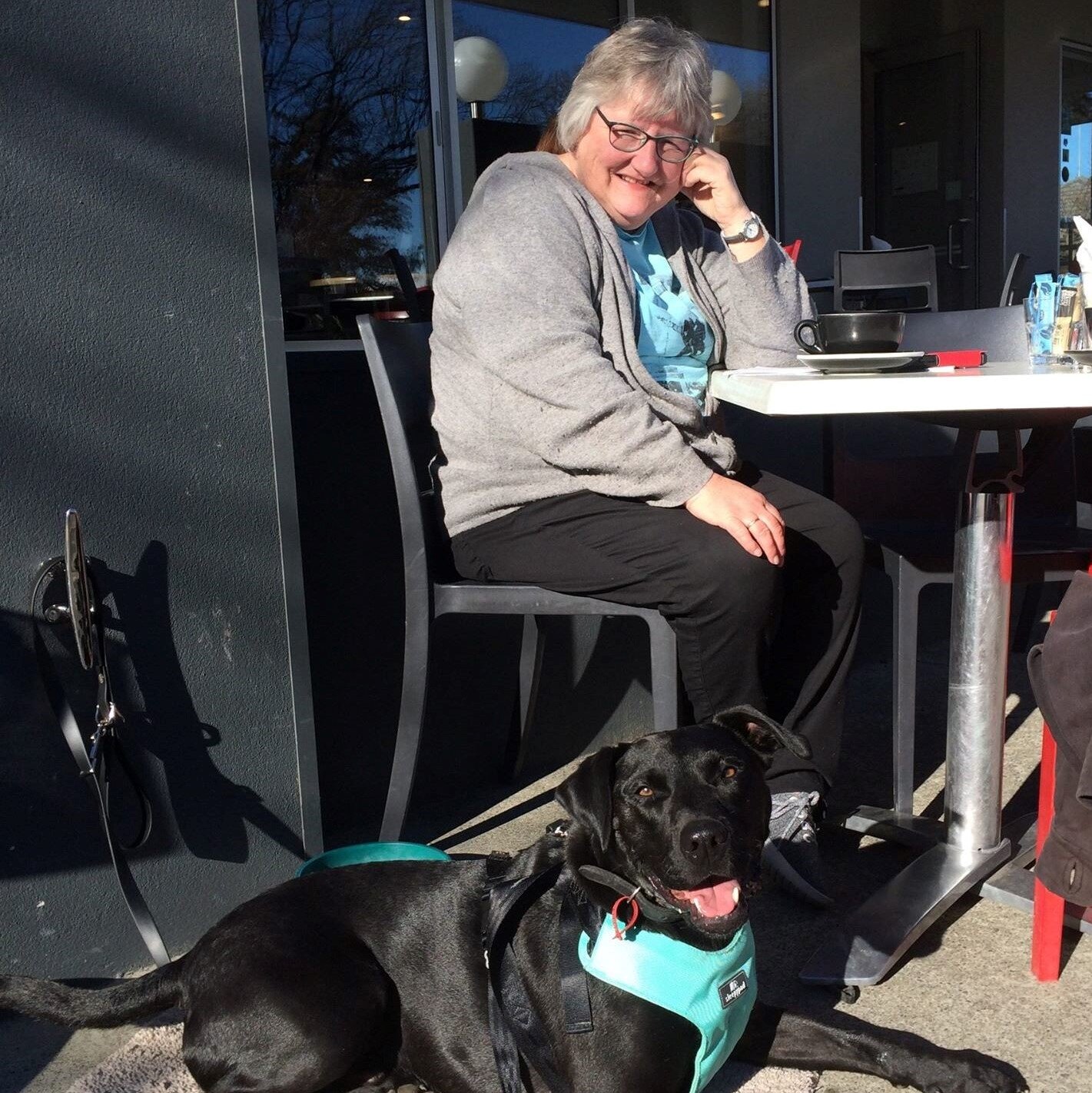Help! My dog won't come back to me when I call!
One of the most important skills for your dog to have when they are off leash is returning to you when you call them, especially around potentially life-threatening distractions like chasing a cat across a busy road, approaching a fearful dog or heading towards rubbish and food scraps left on the ground. Read on for some tips on helping ensure you have a strong and reliable recall every time!
1. Gradually Increase Distractions
Start practicing in a place free of distractions, like your lounge room, then gradually move to more distracting environments as your dog starts to learn to come back to you (the back yard, then the front yard, then a quiet park, then at a park with dogs at a distance)
2. Ask Only Once
Only say the verbal cue for the recall ('Come', 'Here', etc.) once. Start by pairing it when your dog is moving towards you then add it before your dog come backs to you. Be careful not to repeat it when your dog isn't coming back to you - this is called 'learned irrelevance' and it will dilute your verbal cue!
3. Reward Every Time
Ensure you reward your dog every time they come back to you when you call, even if they take a long time! Always reward them with something they love - a high value treat, a favourite toy and verbal praise. Never punish them for coming back to you, or they won't want to come back to you next time and you will undo your hard work!
4. Keep It Fun!
Turn your recall practice into a game - the more fun your dog is having with you, the better your dog will learn! If your dog is losing interest, try a different and more motivating reward or take a break and try again later
5. Set Your Dog Up For Success
If your dog isn't coming back to you, the environment is too distracting - make it easier and practice more!
6. Use A Long Line
Each time you move to a new environment, start with a shorter line then gradually increase the length of the line as your dog learns the skill. Don't use a long line if there are other dogs around as they can get caught up and panic
7. encourage your dog
When you call your dog and they orient towards you, praise them to let them know they are on the right track and encourage them to come towards you. Open your arms, crouch down, get excited and look inviting!
8. Your Body Language Is Important
It seems counter-intuitive, but if you want your dog to come towards you, when you have their attention run away from them - this will act like a magnet! (Unless it's an emergency!)
9. positive associations
Only call your dog back to you to do something fun as you want your dog to have a positive association with coming back to you. Don’t call your dog to do something they don’t like to do (i.e. having a bath, getting their nails clipped, etc.)
10. Go at your dog's pace
Don't expect too much too soon, practice loads and soon you'll be confident that your dog will always come back to you when you call!









